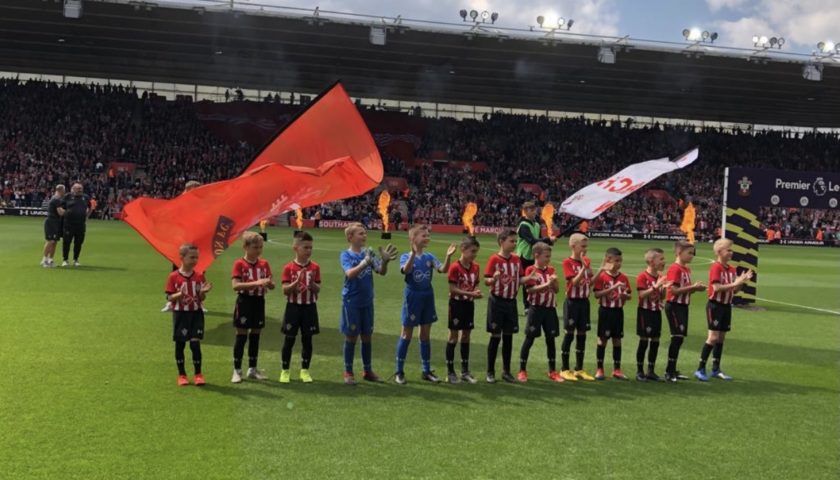Young players with big potential are hot property in the transfer market at the moment, with clubs paying huge sums of money for their signatures. In the last four years, Real Madrid have paid £38.7 million and £40 million for Vinicius Junior and Rodrygo, respectively.
You may think that Real Madrid are an anomaly, being one of the richest football clubs in the world. You’d be wrong. Even clubs such as Wolves have forked out large amounts for teenagers, with the club paying a record fee of £35.6 million for 18-years-old Portuguese striker Fabio Silva. With agents taking a percentage of these sums, it’s no wonder corrupt and unethical behaviour is rife at Premier League academies.

To find out more about these wrong doings, a first-team and academy scout for a Premier League club was interviewed. For job security reasons, he will remain anonymous. As someone who spends a lot of time at many different academies and has frequent contact with agents, he has a great understanding of the practices used by the agents as well as examples of poor misconduct between agents, scouts and players.
It’s important to understand why football agents (or intermediaries) exist in the first place. The scout explained that they exist “to provide players and families with expertise to ensure they get a fair contract when committing to a football club.”
He also said: “Before their existence, vulnerable and misinformed families entered into contract negotiations with powerful football clubs, with lots of money at stake and without any expertise to ensure a fair deal. As a result, the clubs had all of the expertise and power, and some players were exploited like Peter Crouch.”

So, agents can be useful, especially to youth players and their families. But players and families are putting a lot of trust in these agents; and while some agents are honest people trying to make a living and help their players’ careers, some abuse that trust and behave very unethically in the hope for a big payday.
The scout pointed out that “It’s a numbers game. Agents sell the dream to lots of young players knowing that if they sign up thousands of players; one, two or 10 might make it big. The rest are just discarded. This gives false hopes and lots of lost dreams.”
Perhaps what’s more worrying though is that “you aren’t meant to sign a player to an agency until they are 16, but because it’s a competitive environment, players as young as ten years old are approached to sign pre-contracts by agents, just to lock out competitors.”
This can be incredibly damaging psychologically, especially to players at such a young age, and can have an affect for a very long time as some find it difficult to transition from their dream of being a footballer to the reality of a normal life.

Another tactic agents use to get players on their books and make money is by bribing both scouts and parents in the hope for a big pay day in the future. The scout revealed that, “agents have approached all of the parents of young England youth players from U13 upwards, offering £10,000 for their signature”, and that “scouts have been approached by agents, offering money to get players they have on their books, trials at bigger clubs. For example, we’ll give £1,000 for a trial, £10,000 should the player get signed, with the goal to get a big payday at some point.”
Bribing scouts to get their players a trial is perhaps the most common tactic used by agents, and while the scout I spoke to said that he hadn’t personally been offered any money as of yet, he had been offered hospitality tickets to big matches on different occasions to get players a trial at the club he was scouting for. Shockingly, he also said that he’d seen “a scout given a BMW by an agent for the trial of two of his players at his club” and “an agent offering a scout a holiday in his £2 million villa in the Caribbean for a trial at the Premier League club he was working for.” The scout in question got sacked soon after, whereas “the agent probably got a pat on the back”.
It’s undoubtedly clear then that agents act unethically at Premier League academies. It’s also undoubtedly clear, however, that they help youth players and their families get treated fairly by the clubs they are signing on for. But, despite your stance on whether they are good or bad for the game, we can all agree that exploiting academy players as young as 10-years-old for personal wealth is inexcusable and must be stopped.








